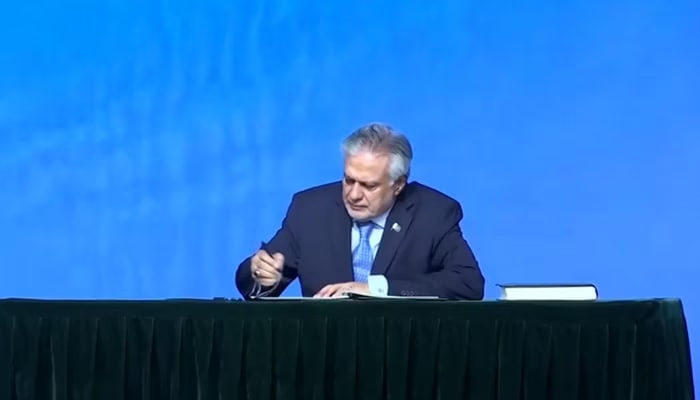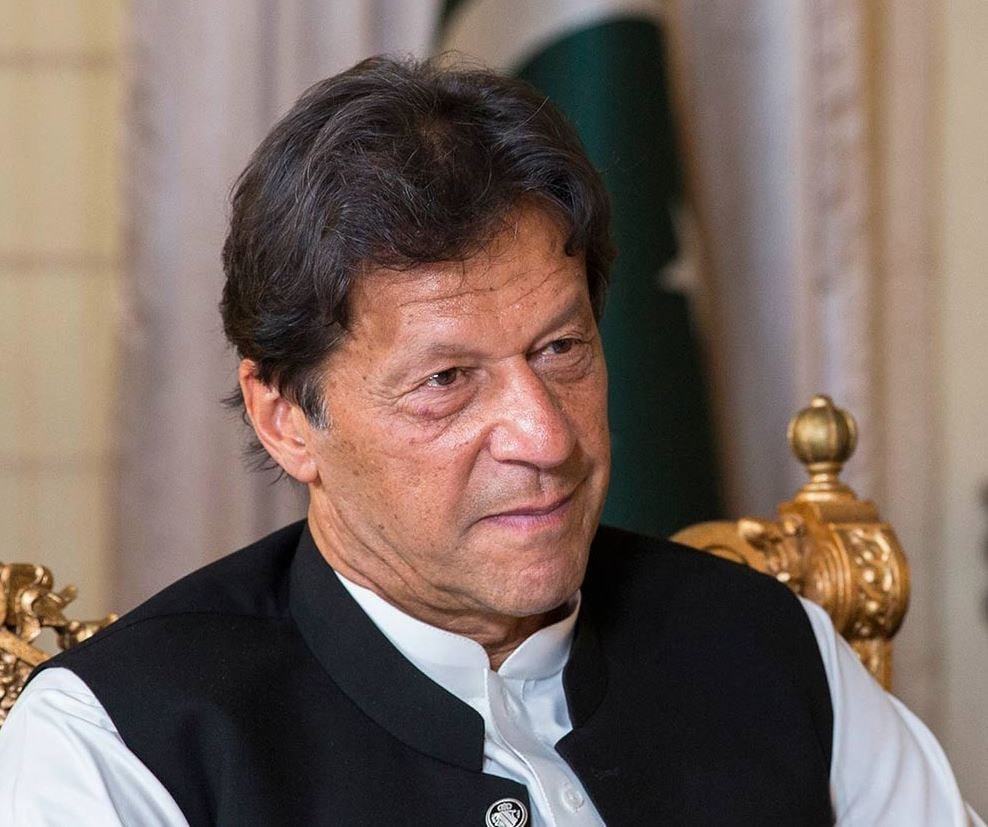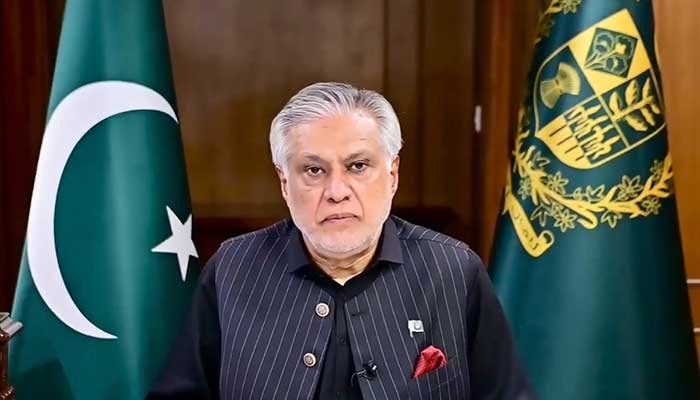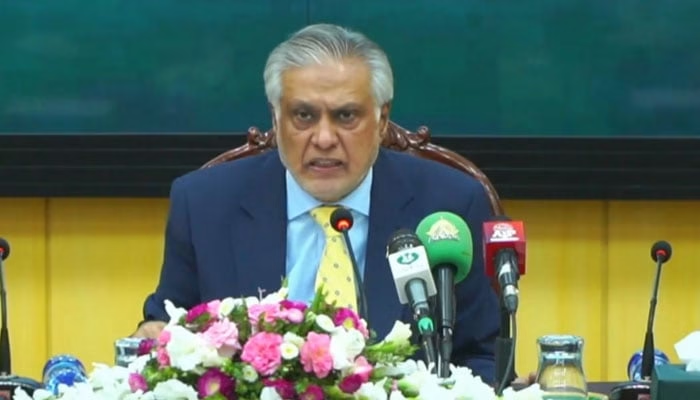Pakistan Signs International Arbitration Convention in Hong Kong, Stresses Peaceful Conflict Resolution
In a significant diplomatic development, Pakistan has officially joined the newly established international arbitration organization in Hong Kong, marking a new chapter in its commitment to peaceful global dispute resolution. The announcement was made by the Ministry of Foreign Affairs, following a signing ceremony attended by several international delegates.
Deputy Prime Minister and Foreign Minister Ishaq Dar represented Pakistan at the high-profile event, where he signed the Convention on the Establishment of the International Arbitration Organization (IAO) on behalf of the Government of Pakistan. This move signifies Pakistan’s proactive stance in strengthening multilateral legal mechanisms for resolving disputes.
Ishaq Dar Lauds China’s Vision and Reaffirms Pakistan’s Peaceful Stance
While addressing the gathering, Ishaq Dar praised China’s vision behind the initiative and acknowledged its leadership in creating a neutral, reliable, and global platform for arbitration. “Pakistan is a staunch supporter of the peaceful resolution of international conflicts,” Dar emphasized, adding that the country believes in dialogue and diplomacy over aggression and confrontation.
He took the opportunity to point out the ongoing violations by India of international agreements, specifically citing the unilateral suspension of the Indus Waters Treaty as a glaring breach of international law. “This is not just a regional concern, but a challenge to the sanctity of international agreements,” Dar noted.
He further reiterated Pakistan’s unwavering position on the Jammu and Kashmir dispute, calling it an unresolved matter under international law. “The resolution of this decades-long issue is inevitable, and Pakistan will continue to raise its voice at all global forums,” he added.
A Strategic Move to Boost Hong Kong’s Legal Standing
According to international media reports, this arbitration convention is part of China’s larger strategy to position Hong Kong as a global legal hub, comparable to institutions like the International Court of Justice (ICJ) and the Permanent Court of Arbitration in The Hague.
Hong Kong Chief Executive John Lee expressed his ambitions during the event, stating, “This new international arbitration body will bring Hong Kong closer to becoming a global center for legal excellence and dispute resolution. We are proud to provide a platform that nations around the world can rely on.
The organization, dubbed a potential Asian counterpart to The Hague,will be headquartered in Wan Chai, one of Hong Kong’s busiest commercial districts. The building—formerly a police station—is currently under renovation and is expected to house the headquarters by late 2025 or early 2026.
Strong International Participation and Backing
The signing ceremony was attended by officials and dignitaries from more than 20 countries and organizations. In addition to Pakistan and China, nations such as Indonesia, Laos, Cambodia, and Serbia were also among the signatories. Several high-level representatives from international organizations, including those affiliated with the United Nations, were present, showcasing broad international interest in the initiative.
Observers note that this strong participation underscores a growing need for alternative legal forums that can operate independently of traditional Western-dominated arbitration centers. This is especially important in light of shifting global dynamics and the emergence of Asia as a central player in international politics and commerce.
Why It Matters for Pakistan
Joining this arbitration organization positions Pakistan strategically on the global legal map. It not only reinforces Islamabad’s commitment to international law, but also opens new avenues for resolving trade, investment, and geopolitical disputes outside of traditional Western courts.
Furthermore, Pakistan’s participation helps foster closer ties with China and other Asian nations, aligning with its broader foreign policy objective of regional cooperation and multipolar engagement. As trade, technology, and geopolitical interests continue to evolve, such institutions will play a pivotal role in managing cross-border disagreements fairly and efficiently.
What Comes Next
With the official signing completed, Pakistan will now begin internal consultations to implement the necessary legal frameworks to support its role in the arbitration organization. Experts believe this will also involve nominating legal professionals from Pakistan who can contribute to the organization’s panels and committees.
The International Arbitration Organization is expected to become operational in the coming months and may start accepting cases by early next year. Legal analysts predict that its scope will eventually expand to cover commercial disputes, human rights concerns, and even state-to-state conflicts.
Pakistan’s decision to sign on to the Hong Kong-based international arbitration body is a forward-looking move that not only strengthens its global standing but also promotes its long-standing belief in justice, dialogue, and international law.



